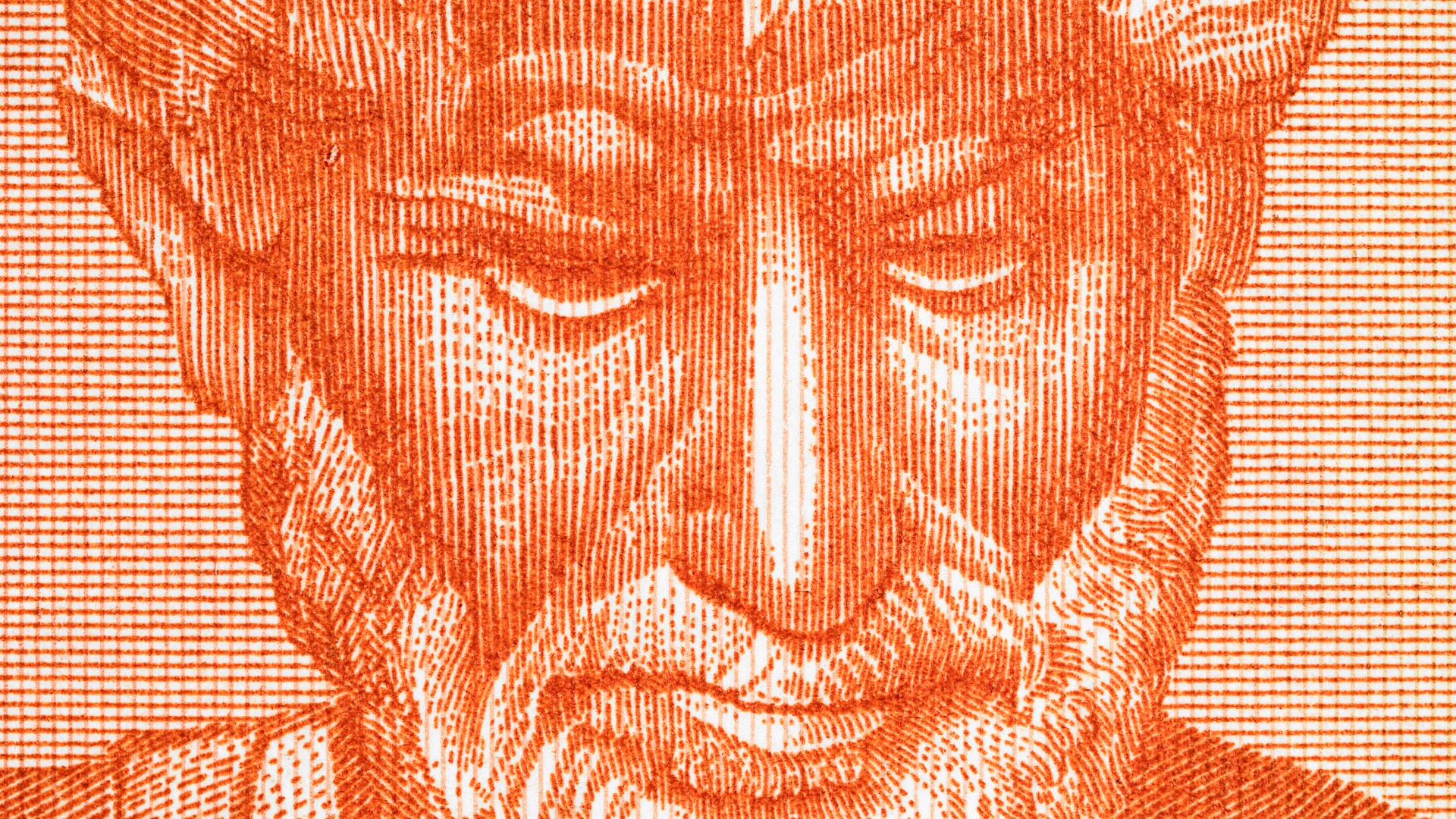Jay Smooth on whether “player-haters” are really the problem.
Question: Has the concept of ‘player hating’ eliminated room for effective critique in hip-hop?
Jay Smooth: I think hip-hop has always had a problem with letting itself be criticized.
That notion that you're either suppose to support me or say something positive or just keep quiet and keep it to yourself. That belief has been around in hip-hop pretty much as long as hip-hop has been around. That's why the Internet has become so scary for hip-hop artists as well because now you have bloggers and people who are independent of the media machine who are expressing their views much more frankly and are much more detailed than you had before. Rappers and labels are not able to control those independent voices and you have much harsher critiques than you had before. That's been a big adjustment for the hip-hop world, is that new level of accountability that the Internet brings.
The concept of a player hater is one that people still try to enforce. You see that all the time—artists will describe any sort of critique as hating. I always say that the true definition of a hater is someone who tries to dismiss any criticism as hating. And this is a phenomenon that goes beyond hip-hop: there's always a sense that any sort of minority expression, such as, let’s say black film makers, for example, there’s always been a sense for many people in the black community that we need to always speak positively of the work even it's mediocre or not really up to snuff because we need to support these artists--we need to support this because there's not enough of it out there.
I think that principle has been in effect for hip-hop as well, but I think hip-hop is established enough now that we can shift and support our artists by setting high standards for them and not pretend that everyone’s turds are made of gold. I think, if we really love and respect our artists, we should check them and hold them to a high standard and critique them harshly because we respect them enough, and admire their work enough, that we believe they can meet our high standards. That's the ultimate show of respect is to criticize someone frankly. We, as fans and commentators and artists, should all adjust to that—recognize that hip-hop has grown up. We can take it.
Recorded on August 4, 2009





